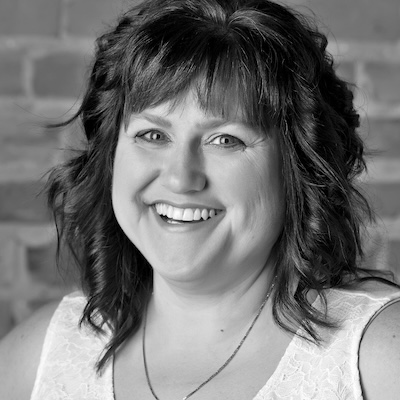Beware the ides of March
“Beware the Ides of March” means “Beware of March 15th.” The Ides of March was March 15th on the calendar in ancient Rome; it was also the day on which Julius Caesar was assassinated and the day is associated with death. So what happens when someone we love dies?
When someone we love dies, it’s like facing an unfathomable mystery. No matter what our beliefs are, the idea that the vibrant thoughts and feelings within us could simply disappear feels incomprehensible. Even if we grasp the concept that we’re made of borrowed stardust, destined to return to the vast universe, the understanding blurs into abstract Anxiety as the body approaches dissolution.
The complexity of our minds struggles to grasp the idea of timeless nothingness. We are animated by fleeting electrical impulses and temporary interactions of matter, making it challenging to conceive a state of infinite inanimacy—a void beyond existence.
In those moments of loss, we yearn for a way to make sense of it all. Many artists and writers over time have beautifully explored the search for meaning, our craving for beauty, and what makes our lives meaningful. Writers ask profound questions as they struggle for answers: How can we comprehend something without substance? How can mortal creatures understand things that exist forever? Creative souls over time have spoken about the deep human struggle to reconcile the finite nature of our existence with the infinite unknown that follows.
The deep human struggle to reconcile the finite nature of our existence with the infinite unknown is a fundamental aspect of the human experience, touching upon existential questions that have puzzled philosophers, theologians, artists, and thinkers throughout history.
We are unique in our awareness of our own mortality. Unlike other animals, we possess the cognitive ability to contemplate our existence and the inevitability of death. This awareness can lead to profound existential anxiety as we grapple with the idea that our time is limited.
In the face of mortality, we seek meaning and purpose in our lives. The awareness of our finite existence prompts questions about the significance of our actions, Relationships, and contributions to the world. Many of us turn to philosophy, religion, or personal reflection to find a sense of purpose that transcends the chronological nature of life.
The infinite unknown beyond death is a source of fear and uncertainty. Our mind, wired to understand and navigate the tangible world, finds it challenging to conceptualize a state of existence beyond the boundaries of time and space. This fear of the unknown often drives individuals to seek solace in religious beliefs, spiritual practices, or philosophical frameworks that offer explanations or assurances about what comes after death.
To mitigate the finiteness of individual existence, we often strive to create a lasting Legacy. Whether through creative works, achievements, or the impact on others, we seek ways to transcend our own mortality by leaving a meaningful imprint on the world.
Different cultures and religions provide diverse narratives and beliefs about the afterlife or the continuation of existence beyond death. These beliefs offer frameworks for understanding and coping with the finite nature of life, providing a sense of continuity or purpose that extends beyond the earthly realm.
Philosophers and thinkers have engaged in profound contemplation about the nature of existence, Consciousness, and the afterlife. The quest to understand the relationship between the finite and the infinite has given rise to diverse philosophical perspectives, from existentialism to metaphysical inquiries about the nature of reality.
Originally Published on https://boomersnotsenior.blogspot.com/
























